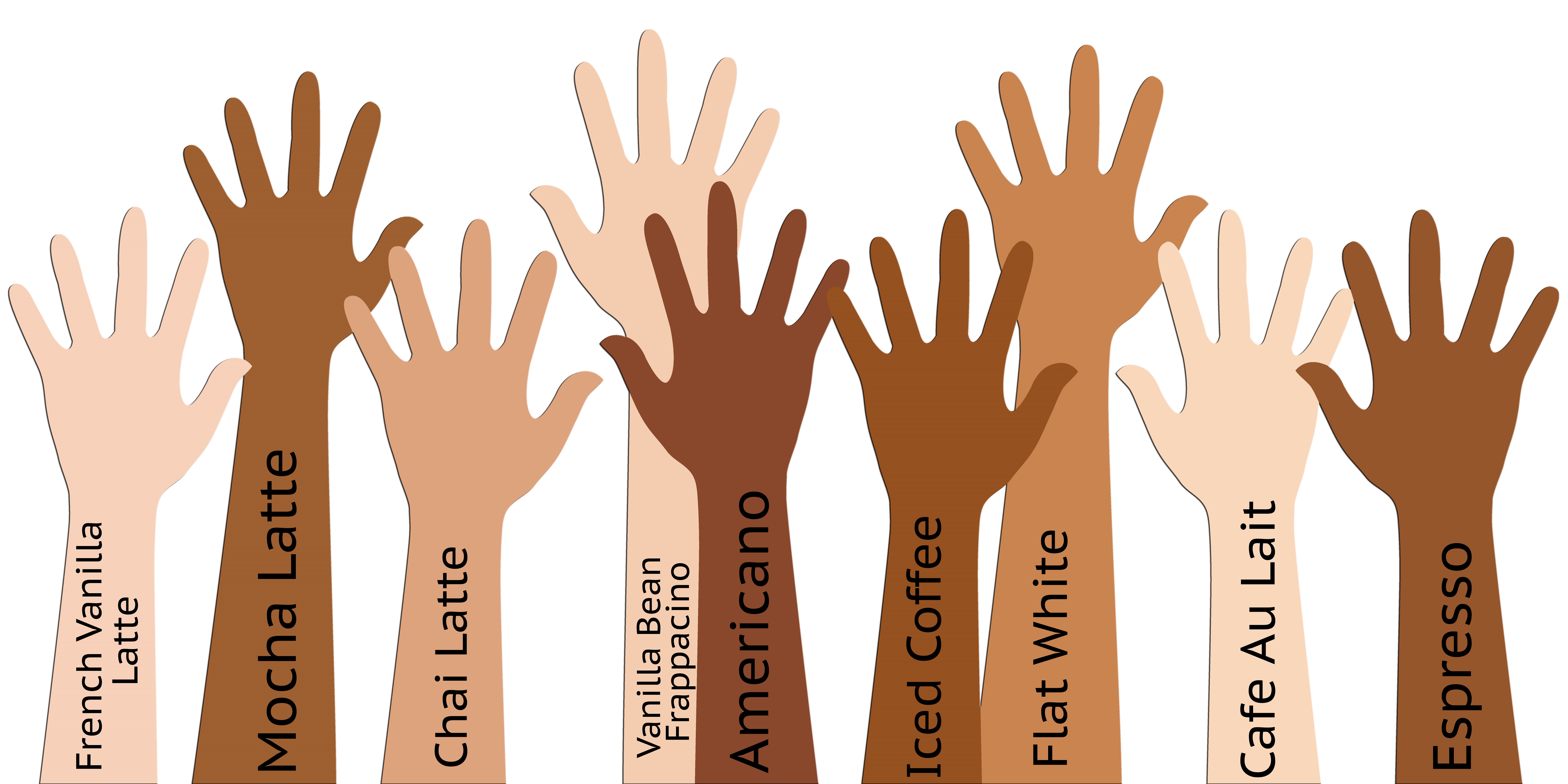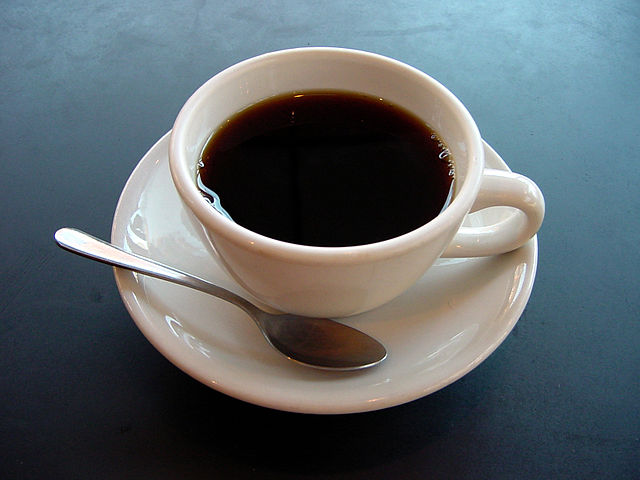Brown Beauty: More Than Skin Deep

Image: Illustration by Olivia Elia.
There are endless variations of skin tone; from a lighter French vanilla latte to a darker shot of espresso, skin color varies by race. Compliments on skin tone provide us with the relief of receiving acceptance that others find you attractive, but attention to skin color can also be the reason for identity and self-esteem issues.
“Dark Girls,” a documentary about identity and skin color in the black community, highlights the complicated issues associated with race and skin tone. The struggles women of color with darker skin experience are often overlooked. This documentary is a “must-watch” because it discusses the ways black women are subjected to bullying because of the color of their skin.
Women with darker complexions share similar feelings of isolation, consider themselves ugly, and struggle with fitting into any beauty standard. Similarly, black women with lighter skin are also subjected to bullying and harsh beauty standards as they are seen by their community as favored by the mainstream culture. This has led to a divide within the black community, which means double the mistreatment. Women with both light and dark skin tones experience discrimination that harms their self-esteem, confidence, and sense of identity caused by something they are unable to change: their skin.
Or can they? Recently, Kerry Washington’s cover photo on InStyle Magazine shows her skin tone lightened, whether it be on purpose or accidentally. In fact, while women of color lack representation in magazines, women with darker skin are noticeably underrepresented in the various forms of media. In general, magazines are filled with attractive, thin, and able-bodied white women, which then further fuel unrealistic expectations for women. This standard of beauty can make young girls feel less than beautiful, cause insecurities, and lead to drastic measures.
An example of a drastic measure that “Dark Girls” brings to light is the practice of skin bleaching. While Photoshop and filters can help make skin appear lighter (or darker), these tactics don’t apply to our physical bodies. Skin lightening and bleaching seem to be a darker-hued woman’s solution to her skin tone insecurities, but it turns out to be the exact opposite.
Skin bleaching is a worldwide phenomenon that is slowly spreading, and includes multiple health hazards. According to the United Nations Environment Programme, in 2008, 77% of Nigerian women use skin lightening products, while 38% of women in Hong Kong, Korea, Malaysia, Taiwan, and the Philippines use skin lightening products. Clearly, this phenomenon affects most non-white races, not only people of African descent. The increasing number of women using these products is an issue because a majority of them contain mercury. According to the World Health Organization, mercury can cause skin discoloration, scarring, and kidney damage, yet women around the world continue to lighten their skin.

Accepting your skin color is a challenging task, especially when women are receiving a message from culture, media, and society that lighter is better. It can be difficult for women to find a way to accept themselves and navigate how other people see them. Much like coffee, there are endless shades of skin tone. Keeping this in mind, we need to deconstruct our beauty standards to allow for all skin tones.




